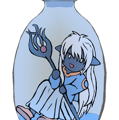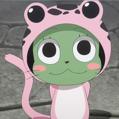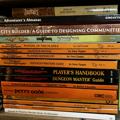marionline reviewed Brave New World by Aldous Huxley
Read for School
2 stars
Read in and for English class in school. Would likely not have read it on an other occasion, although the themes and things discussed are thought provoking, I didn't really enjoy the book.




